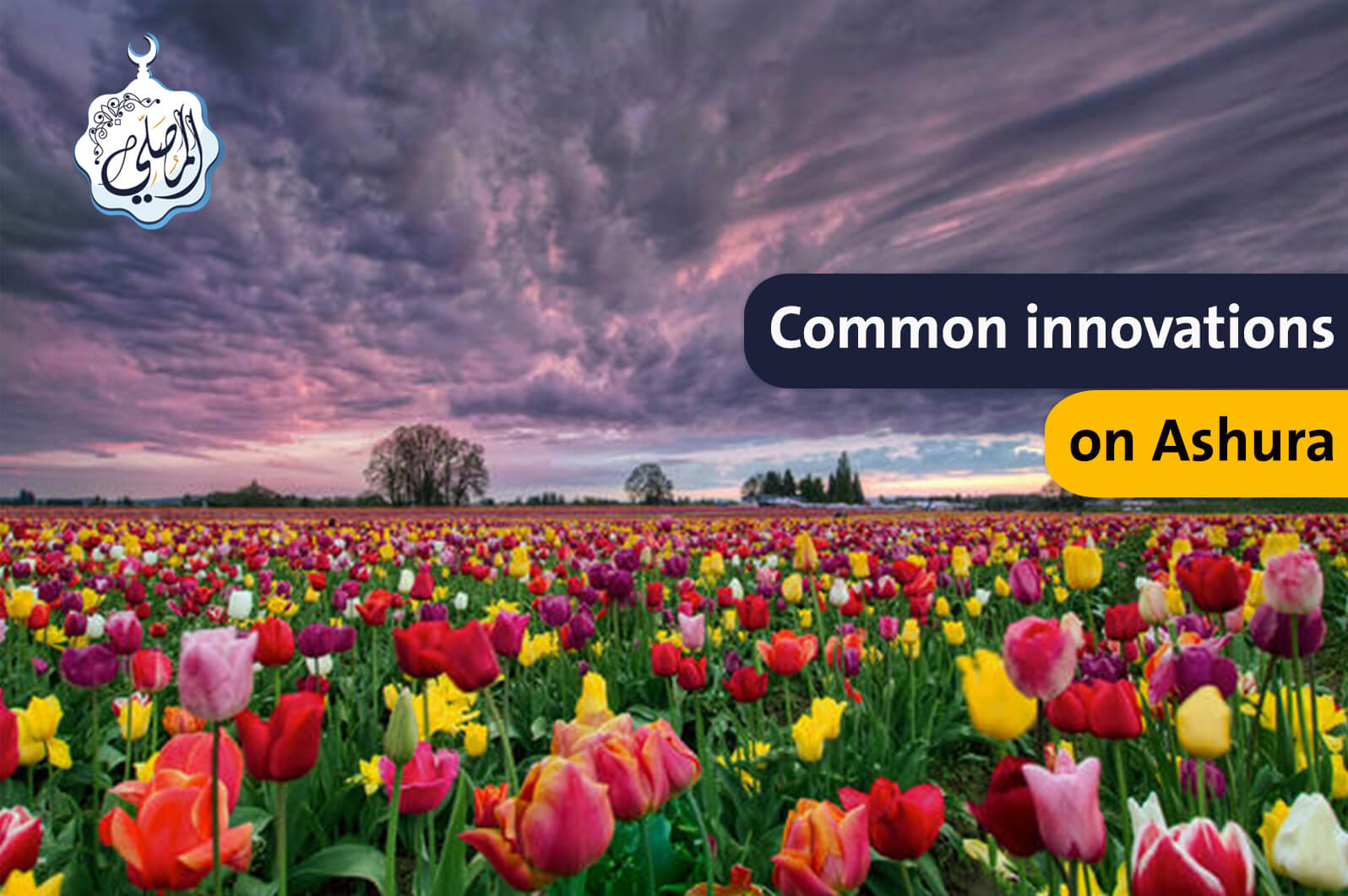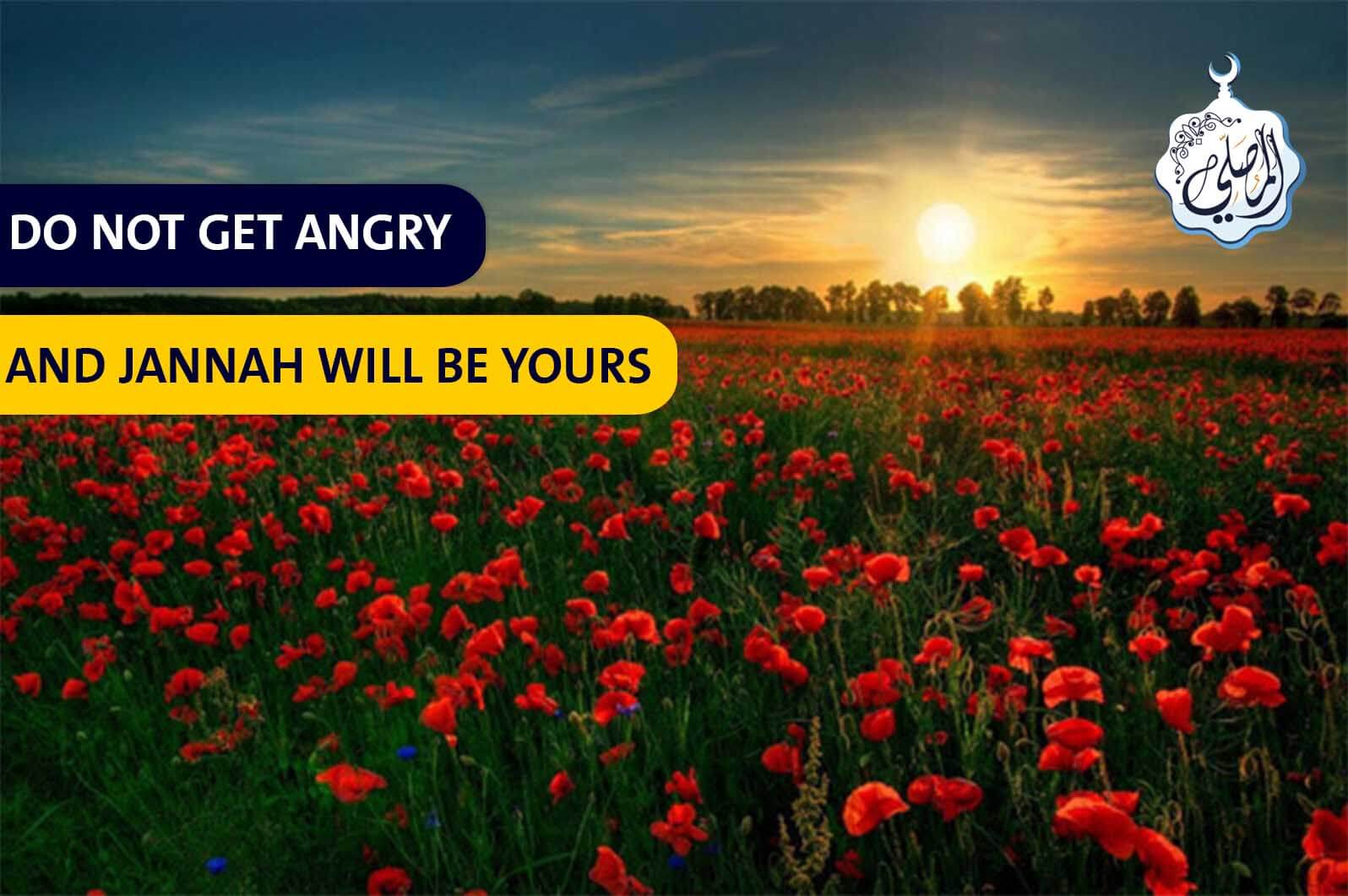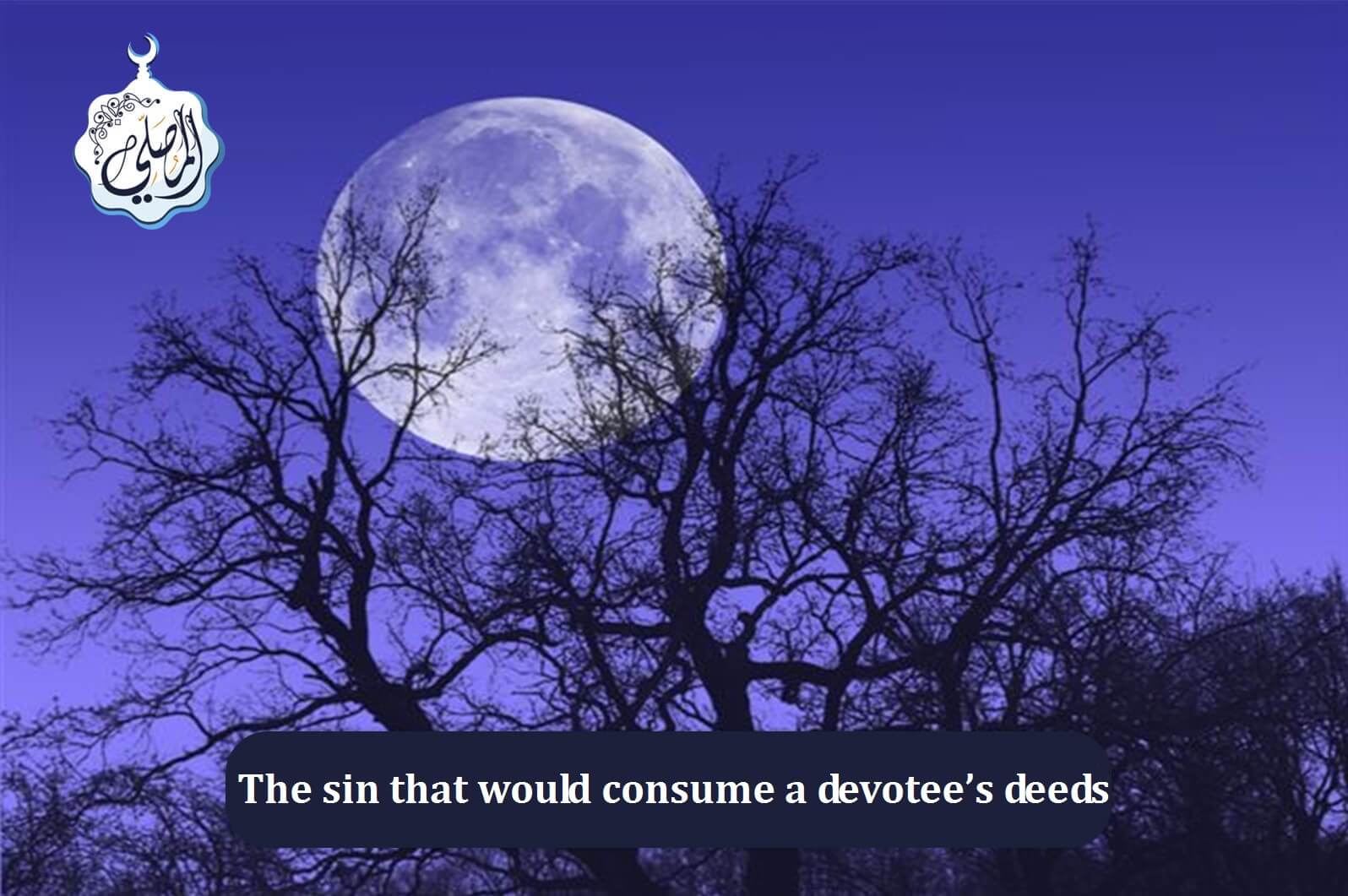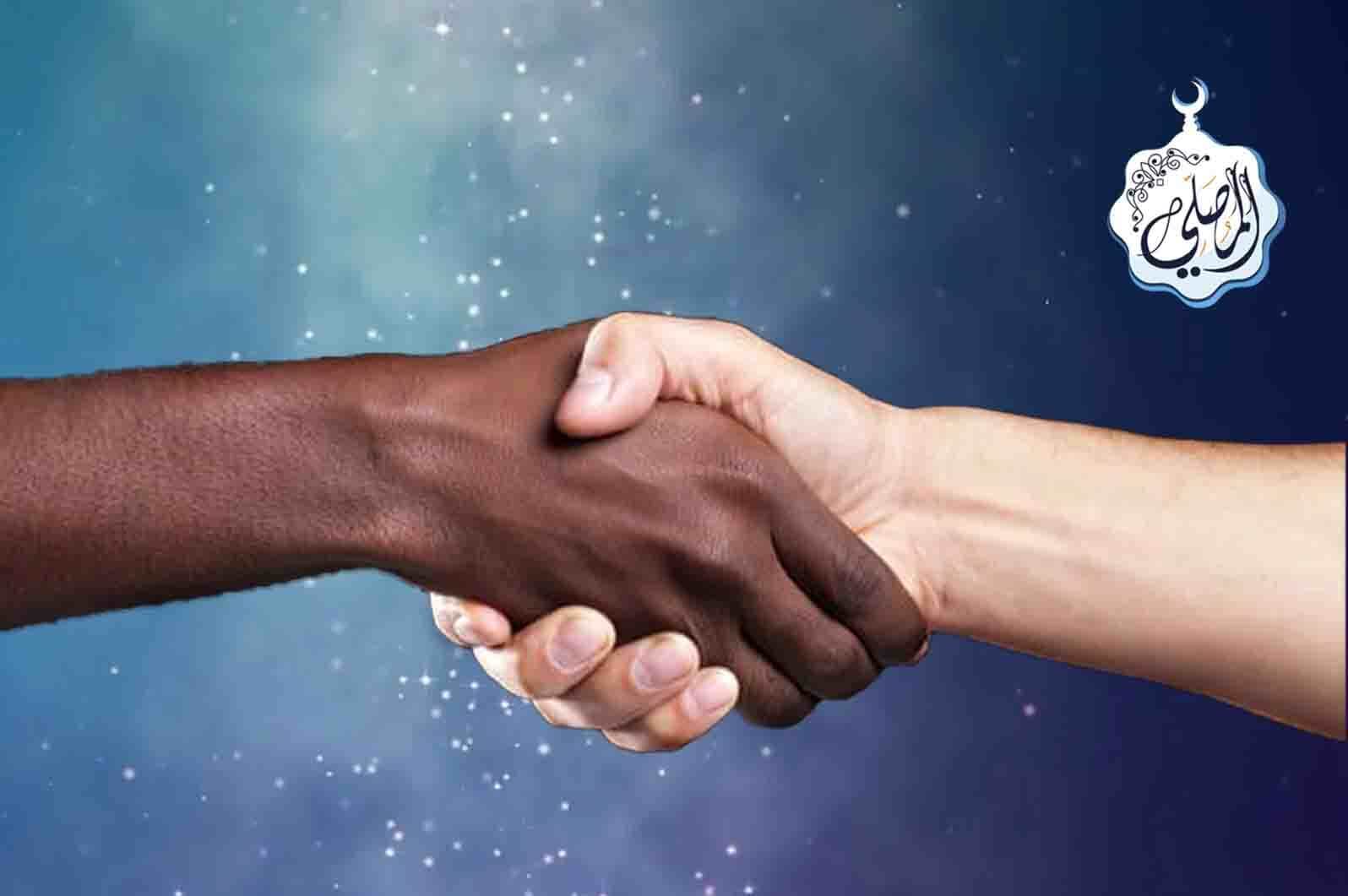
Social justice can encompass many issues, but ultimately, it is a crucial component of healing many of the deep divisions that the world is experiencing.
While it may be difficult to pin down an exact definition of the concept, social justice is a hypothesis of nondiscriminatory and unbiased relations between an individual and society. It is determined by observable but unspoken terms for the distribution of wealth, opportunities for personal activity and social privileges.
In Islam, social justice has long been a key theme throughout the teachings of the Qur’an and the Prophet (pbuh). In accordance to this, the prophet Muhammad (pbuh) was keen to declare, in no uncertain terms, that no person is above another by virtue of race or ethnicity.
That declaration is crystallized in one of the prophet’s notable speeches, his last sermon, when he unequivocally condemned racism when he said: “O people, your Lord is One, and your father is one: all of you are from Adam, and Adam was from dust. No Arab is superior to a non-Arab, and no black person to a white person, nor a white person to a black person except by Taqwa (piety)”
Look at Bilal Ibn Rabah and how his blackness would make him unfit in any community, but far from being unfit ,the prophet (pbuh) appoints him to call the Adhan and gives him the position of the head of the Bayt al-Maal - the public treasury of the Muslims.
In one occasion, a man named Abu Dhar disparagingly said to Bilal: “you son of a black woman” the prophet (pbuh) stands up to Abu Dhar and says “are you taunting him about his black mother! There is still some influence of ignorance in you.”
Ultimately, on the Day of Judgment our skin, tone and gender are insignificant as the Messenger of Allah (saw) said, ‘Verily Allah does not look to your outward forms and your wealth but He looks at your hearts and your deeds’. (Muslim)
Since you’re here,
Take part and tell us in the comments your thoughts on battling racism!









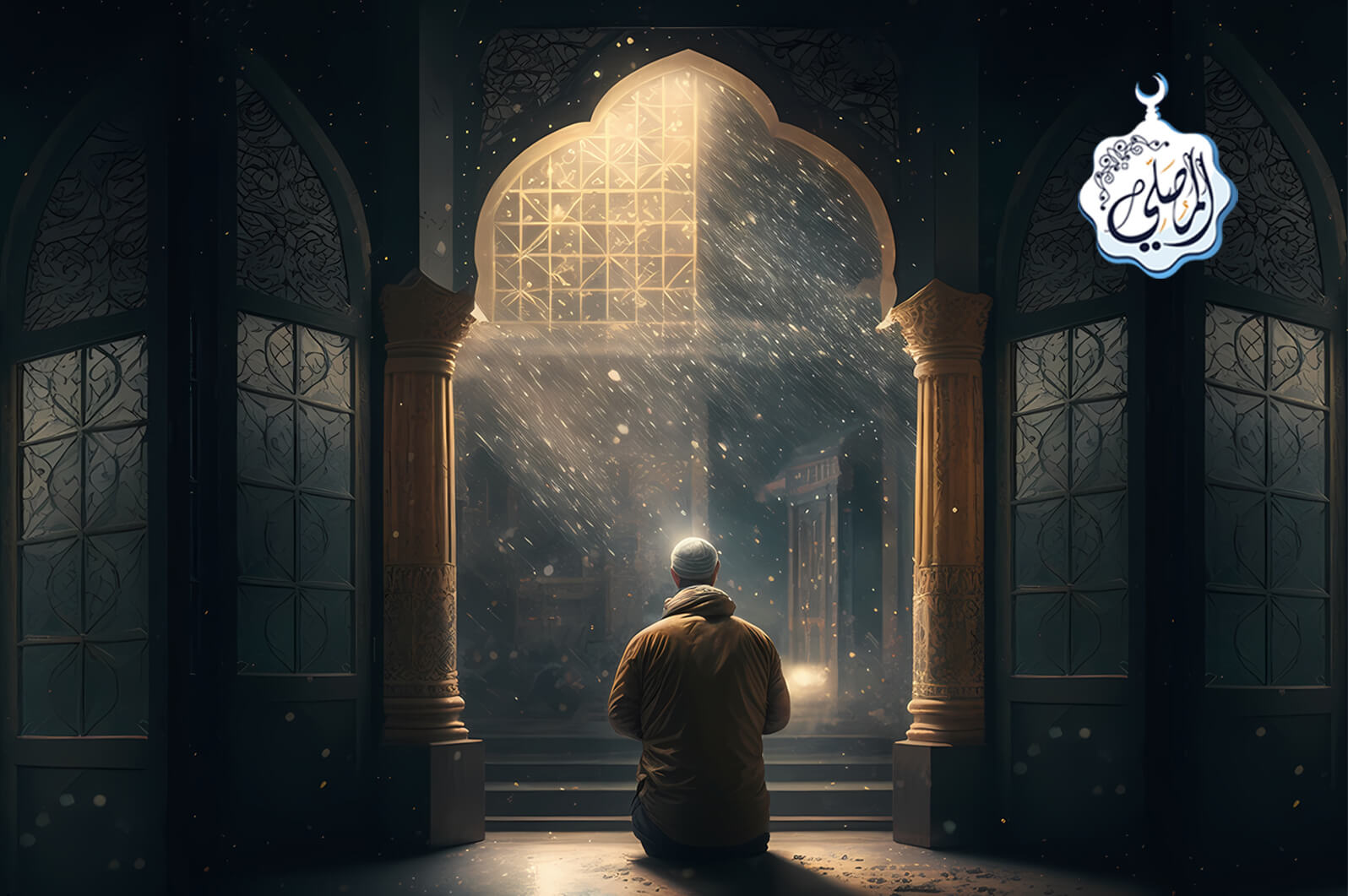
 share facebook
share facebook share whatsApp
share whatsApp share twitter
share twitter share telegram
share telegram copy
copy